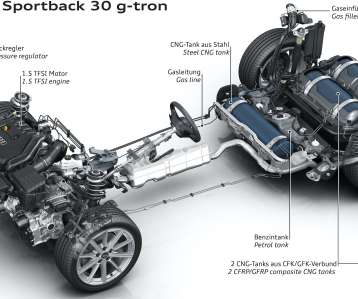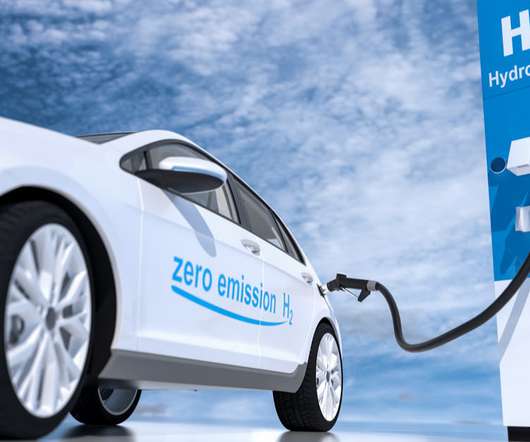Audi introduces new CNG A3 Sportback
Green Car Congress
SEPTEMBER 16, 2020
Audi is adding a new member to its A3 family: the A3 Sportback 30 g-tron natural gas vehicle. Audi first introduced an A3 Sportback g-tron in 2014. Three CNG tanks arranged perpendicular to the direction of travel are located in the rear of the Audi A3 Sportback 30 g-tron. The inner layer is a gas-tight polyamide vessel.













Let's personalize your content